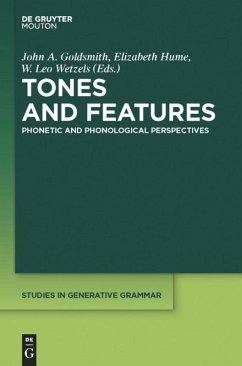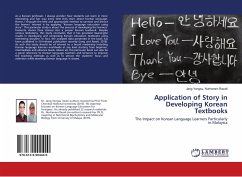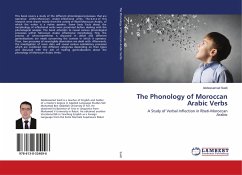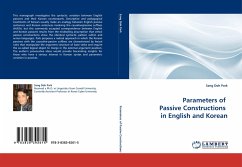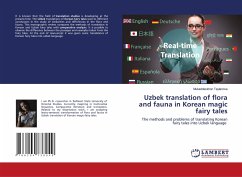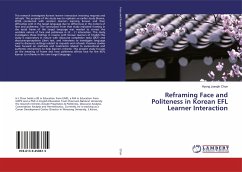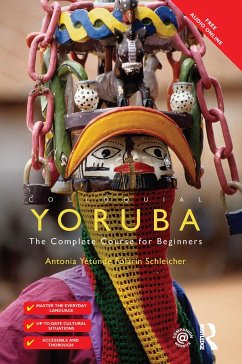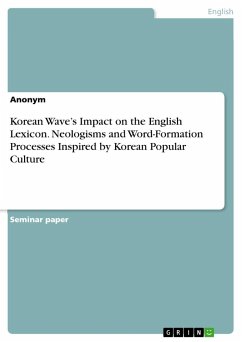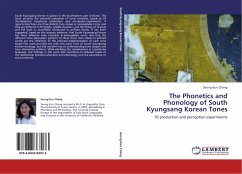
The Phonetics and Phonology of South Kyungsang Korean Tones
F0 production and perception experiments
Versandkostenfrei!
Versandfertig in 6-10 Tagen
45,99 €
inkl. MwSt.

PAYBACK Punkte
23 °P sammeln!
South Kyungsang Korean is spoken in the southeastern part of Korea. This book presents the phonetic realization of tonal contrasts, based on F0 (fundamental frequency) production and perception experiments. It reports that there are three distinct tone classes in monosyllabic roots, and they are different in F0 height, syllable duration, and the timing of F0 peak and fall both in unsuffixed words and in suffixed words. It has been suggested, based on this acoustic evidence, that South Kyungsang Korean has three different tone contrasts in monosyllabic roots, and that the different tone alterna...
South Kyungsang Korean is spoken in the southeastern part of Korea. This book presents the phonetic realization of tonal contrasts, based on F0 (fundamental frequency) production and perception experiments. It reports that there are three distinct tone classes in monosyllabic roots, and they are different in F0 height, syllable duration, and the timing of F0 peak and fall both in unsuffixed words and in suffixed words. It has been suggested, based on this acoustic evidence, that South Kyungsang Korean has three different tone contrasts in monosyllabic roots, and that the different tone alternation patterns of these three tone classes in suffixed words are the reflection of the phonetic implementation of each tone target.This work provides not only new basic facts of South Kyungsang Korean tonology, but also another way of understanding tone targets and tone alternation patterns. While clarifying the complications in a particular language, the findings in this work also contributeto debated topics of the relationship between phonetics and phonology, and the perception of tonal contrasts.




